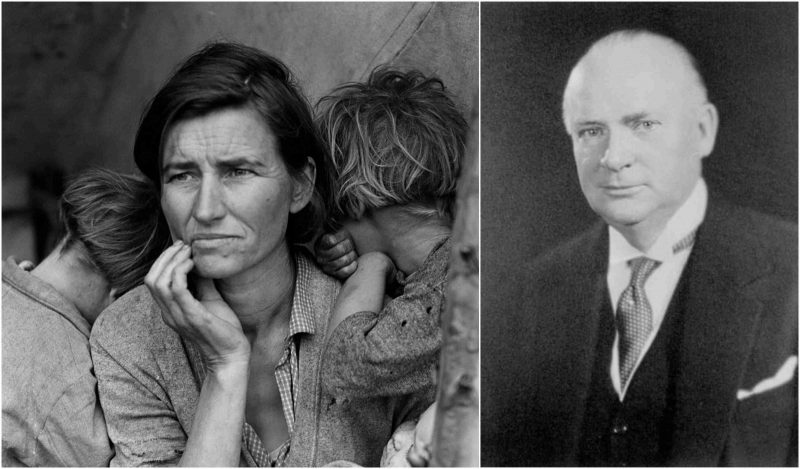“Three little baby boys were born to Mr. and Mrs. Samuels in our vicinity. Like many others, they have had some very bad luck. The parents are a very fine type, not the kind with the hand out for help. We hope you will feel toward these unfortunate people the way we do.”
This is what a woman named Elizabeth Ratray wrote to the Canadian Prime Minister, Richard Bennett, during the worst years of the Great Depression, hoping that he would be kind enough to help the needy family. Ratray’s letter of desperation was not the first nor the last one addressed to Bennett, who received countless similar letters during his tenure as prime minister of the country.
Although it is hard to believe that the Prime Minister, who was himself a millionaire, could be able to understand the misery of the Canadian people at the time, he actually spent a considerable amount of his own money in order to help many poor families get safely through the darkest days of the worst economic crisis in the history of the country. Among those families were the Samuels’.
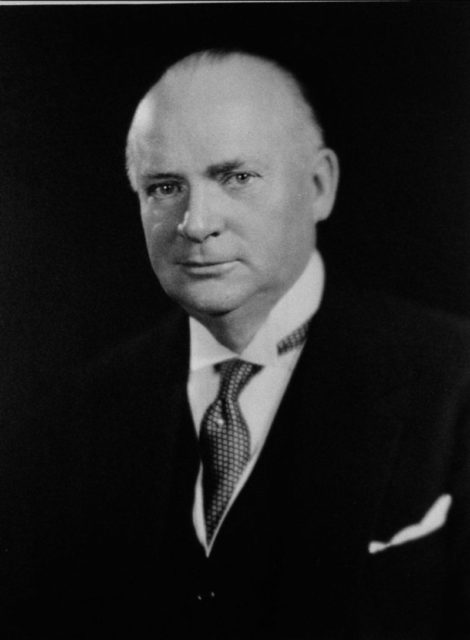
In response to the letter sent by their neighbor, the Prime Minister expressed his sincerest sympathy to Mr. and Mrs. Samuels, who tragically lost one of their three baby boys in the meantime. He also sent them a 20 dollar bill, adding that it may be of some little service to them during the Christmas season.
Bennett, who was the new Conservative leader, ran against Mackenzie King and was elected Prime Minister with a commanding majority in the 1930 federal election. It was a surprising win for the Conservatives and even more surprising for his opponent, who had successfully led the country in the past decade and was convinced that he would be re-elected. He was wrong. The people of Canada wanted change and Richard Bedford Bennett seemed to be the right man to do it. He promised to end unemployment and that was exactly what voters wanted to hear at the time. But little did the future Prime Minister of Canada know that, in a few years, he would become synonymous with the hardships of the Great Depression and would be identified by his own people as a dictator.
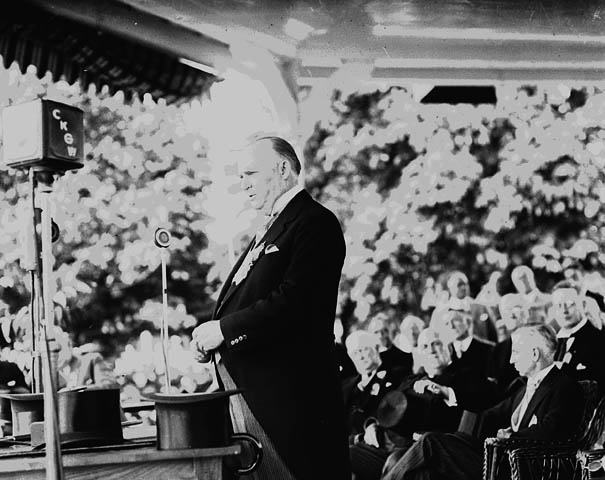
The tough-talking millionaire believed that his government, in which he appointed himself both finance minister and foreign minister, should only interfere in the free market economy if there are no other options left. However, once the Depression began, no one was able to predict the length and severity of it, and the small efforts he made had little effect. The economy did not fix itself as Bennett expected and his only remaining option was to become involved in provincial issues and economies. He instituted new income tax policies, unemployment insurance, a minimum wage, a cap on the number of working hours per week, health insurance, grants to farmers, and reasonable retirement programs. He practically created his own version of Roosevelt’s famous New Deal, but positive results were nowhere to be found and people rapidly started losing confidence in his policies.
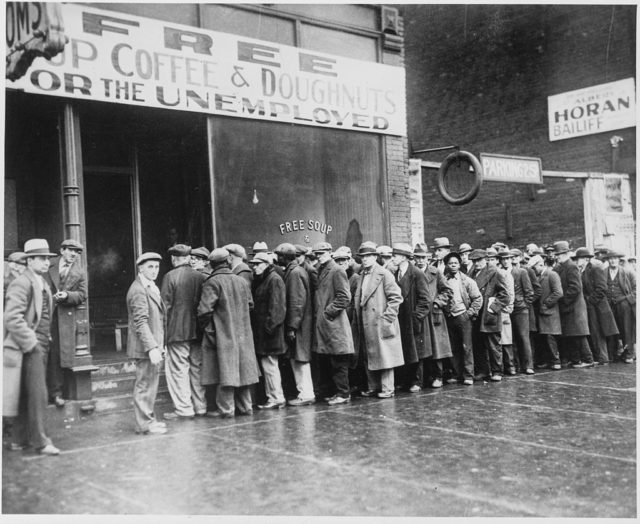
He was often criticized for his lack of compassion and coldness toward the needy, but what his detractors didn’t know was that he stayed up countless nights reading and answering personal letters from people asking for his help. The majority of the time he would add a five dollar bill from his personal accounts to help a hungry family.
It’s been over eight decades since Bennett was elected Prime Minister of Canada and until recently he was widely viewed as unsuccessful leader with authoritarian tendencies. However, John Boyko’s Bennett: The Rebel Who Challenged and Changed a Nation, which is the first major biography of this significant historical figure, sheds new light on his life. It appears that Bennett was a man of many talents and he might have been the perfect Prime Minister if chosen in another era.
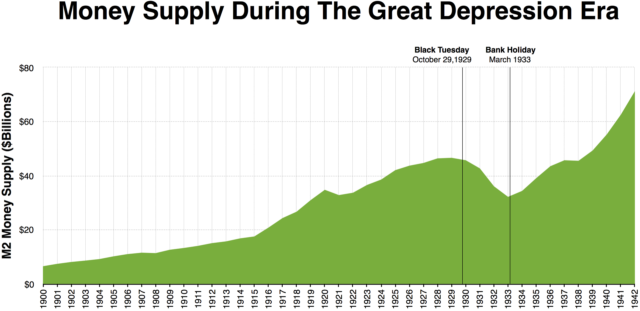
In his book, Boyko reveals the softer side of Bennett, saying that he answered every letter he received, and he did receive a lot.
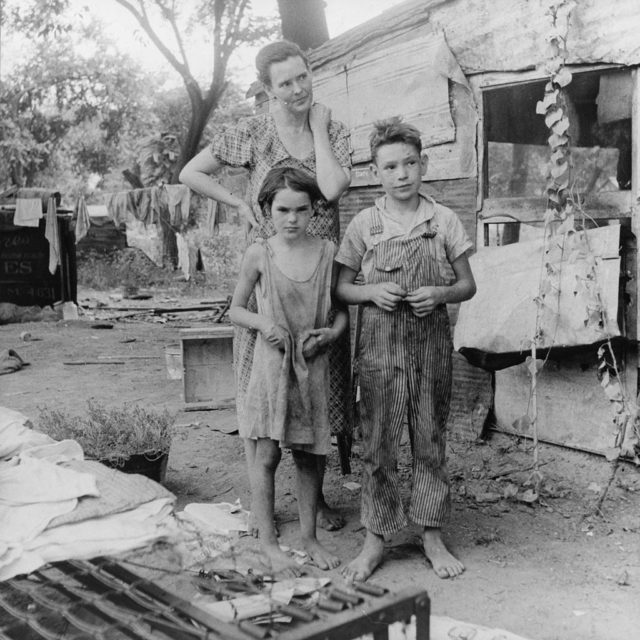
By 1935, people became too frustrated with Bennett’s policies and demanded a change. The unemployed began protesting all over the country and in the 1935 election, Canadian voters chose King over Bennett, who retired in 1938 and moved to England.
Read another story from us: 5 Causes of the Great Depression – Economic Domino Effect
Bennett died of a heart attack on June 26, 1947, at his home in Mickleham and was buried near St. Michael’s Church. He is the only Prime Minister of Canada to have been elevated to the peerage, and the first to be buried outside of Canada.
